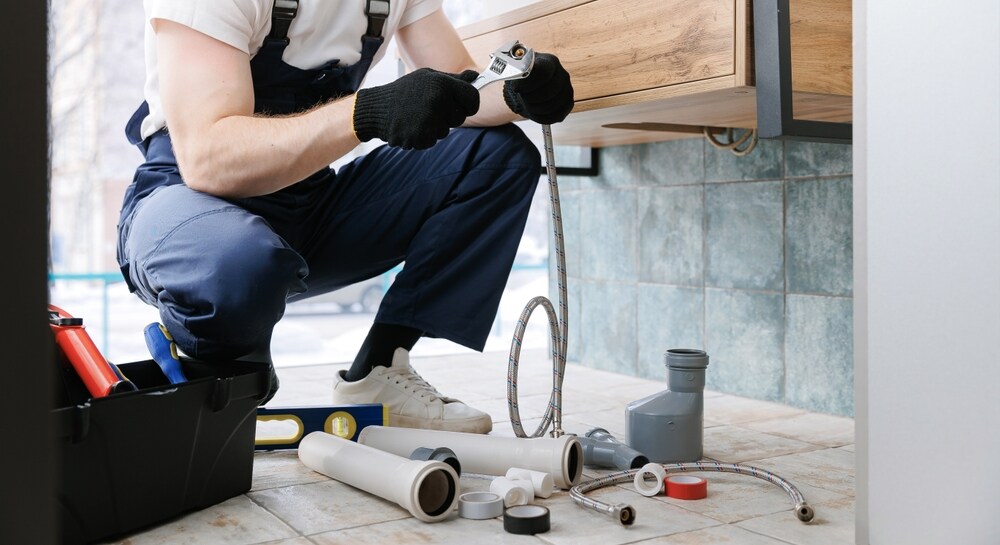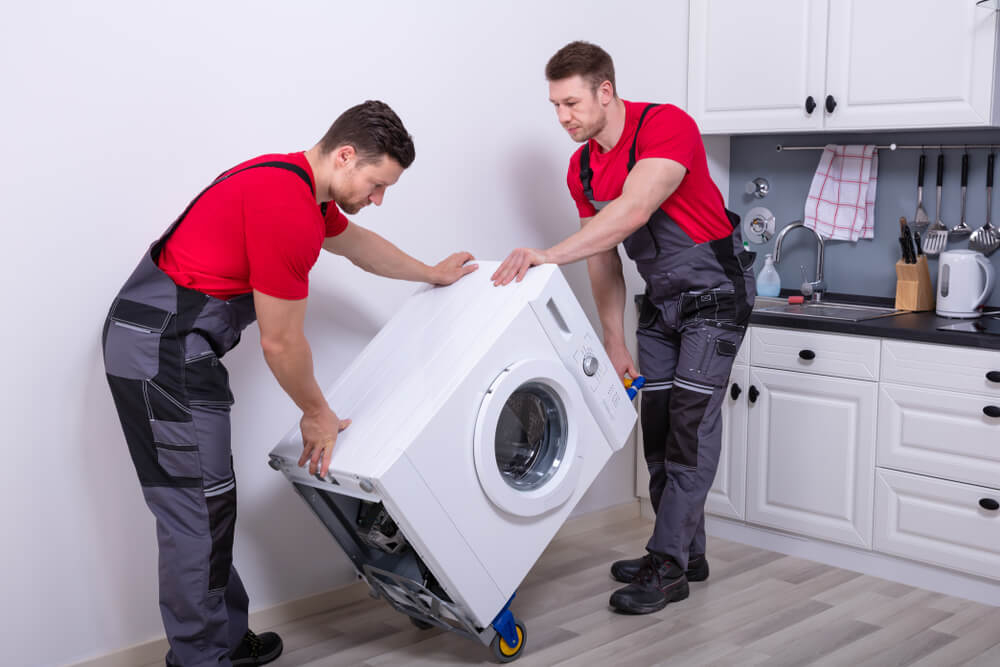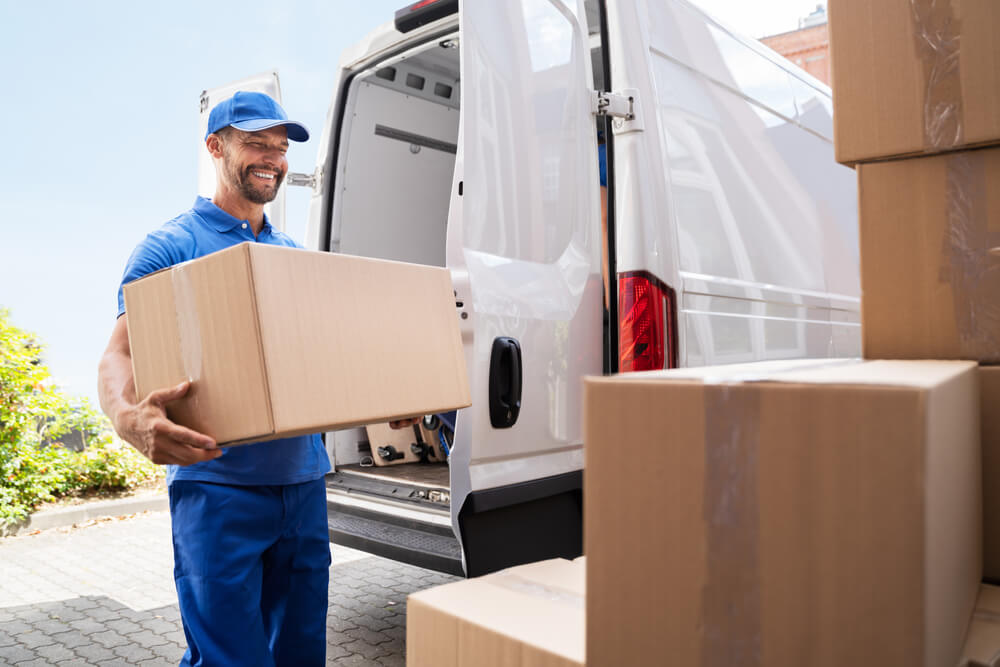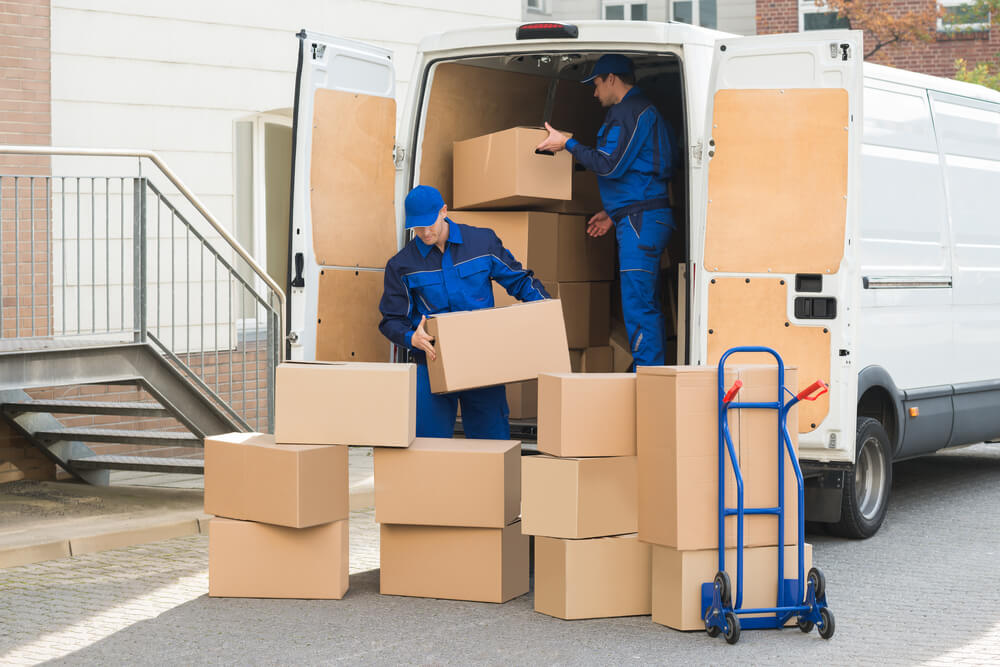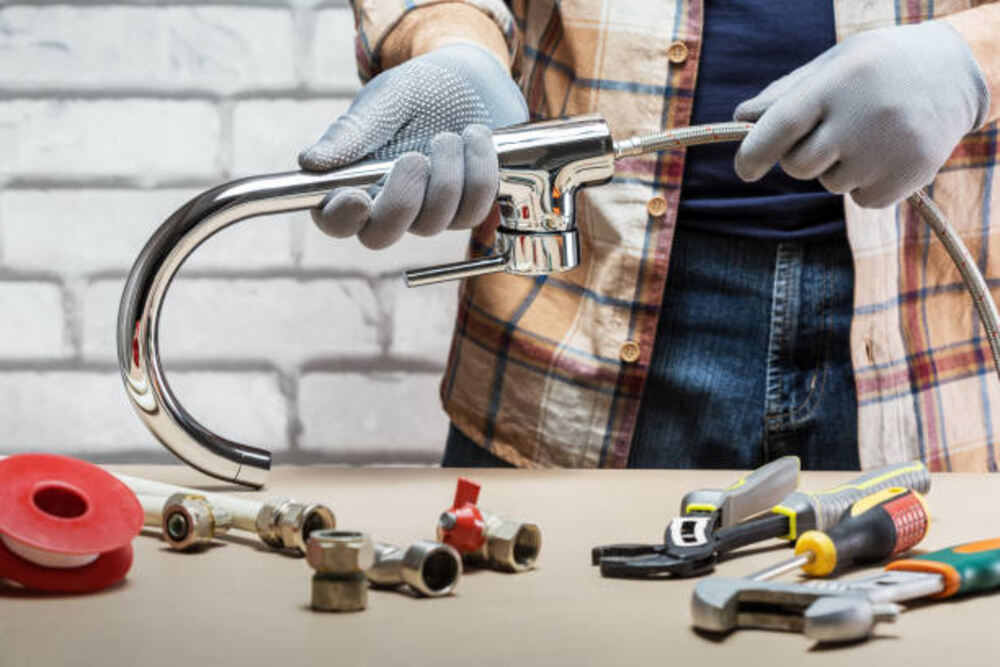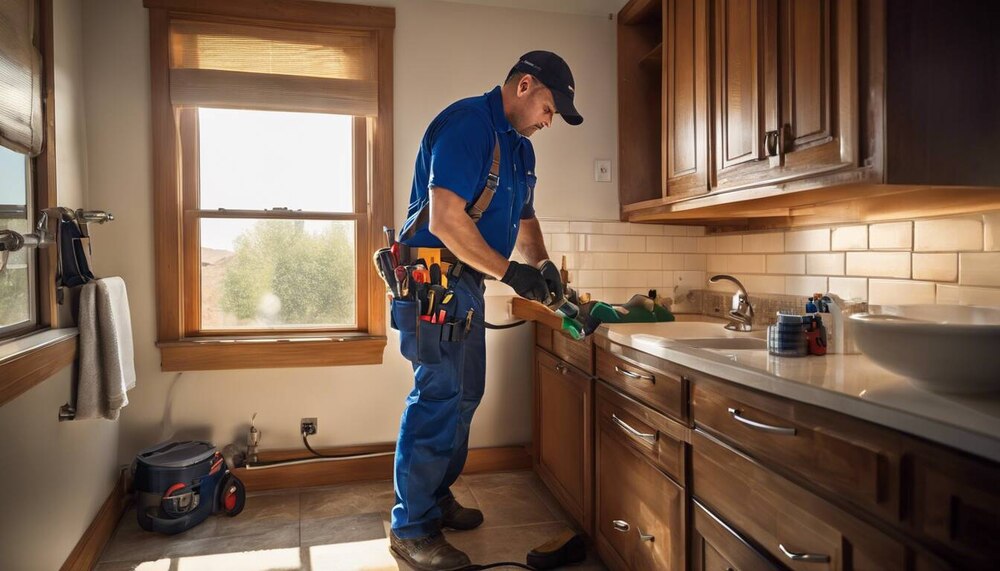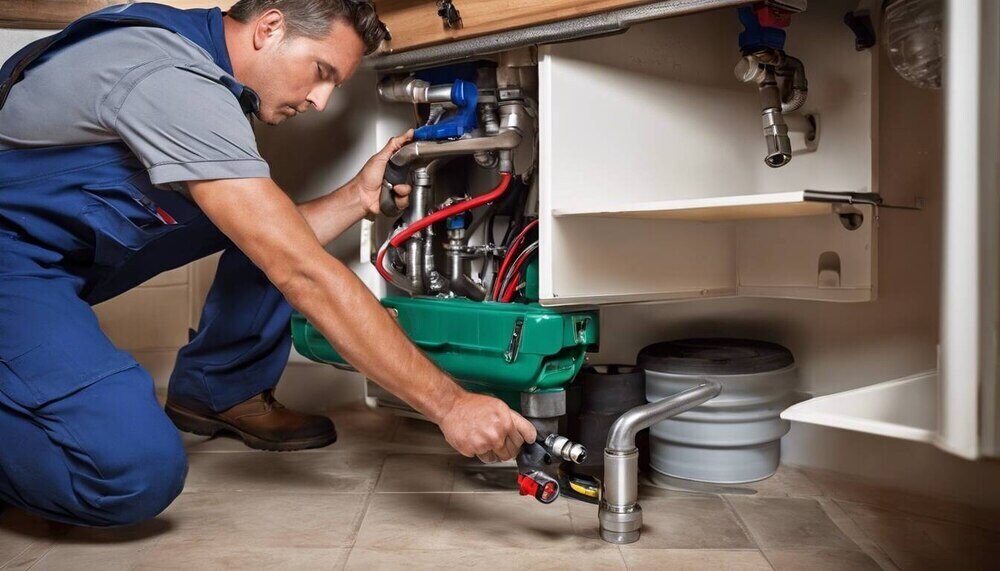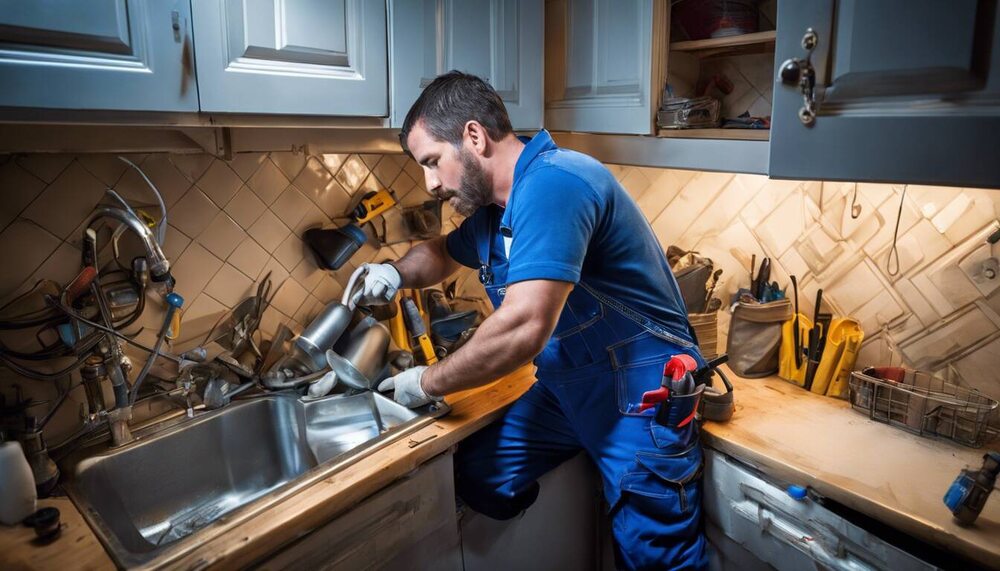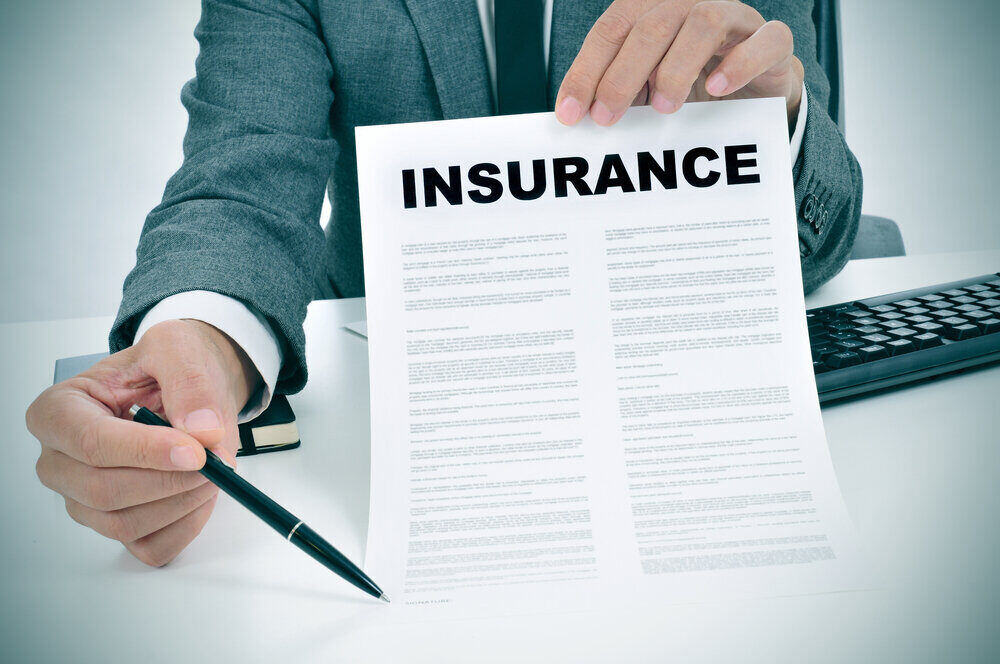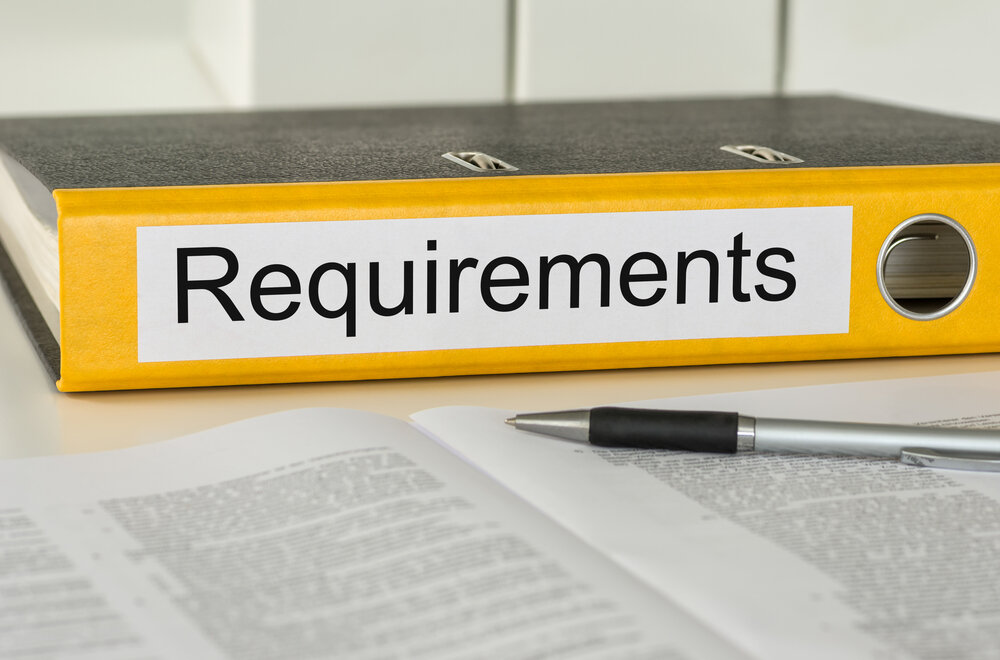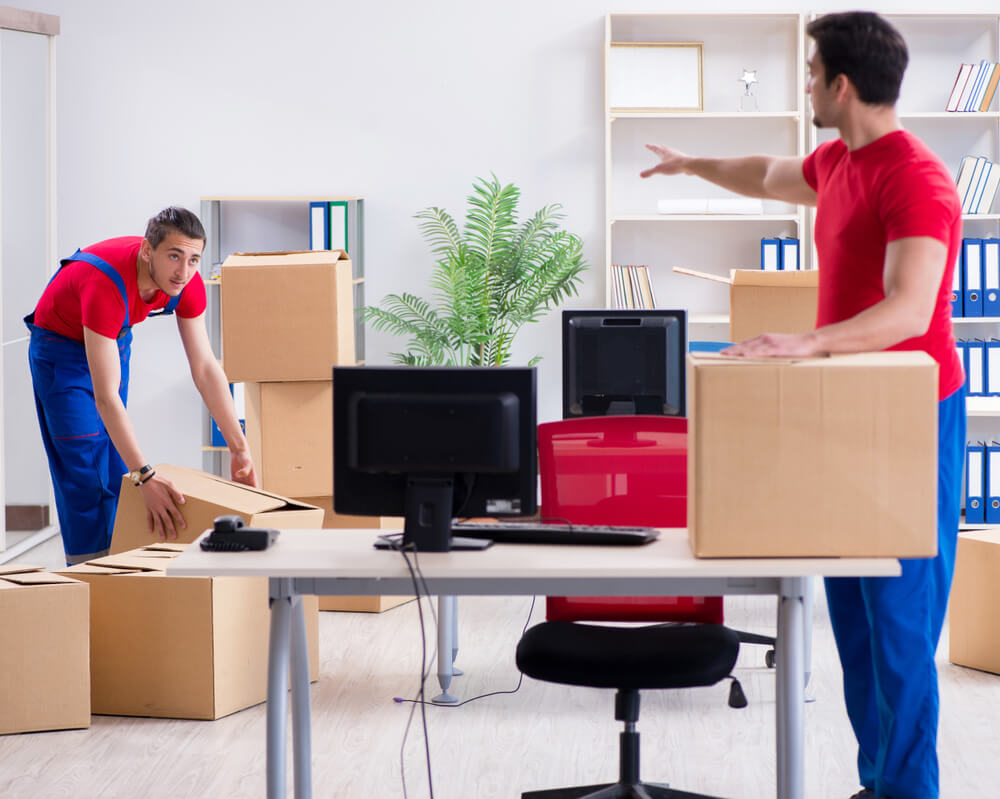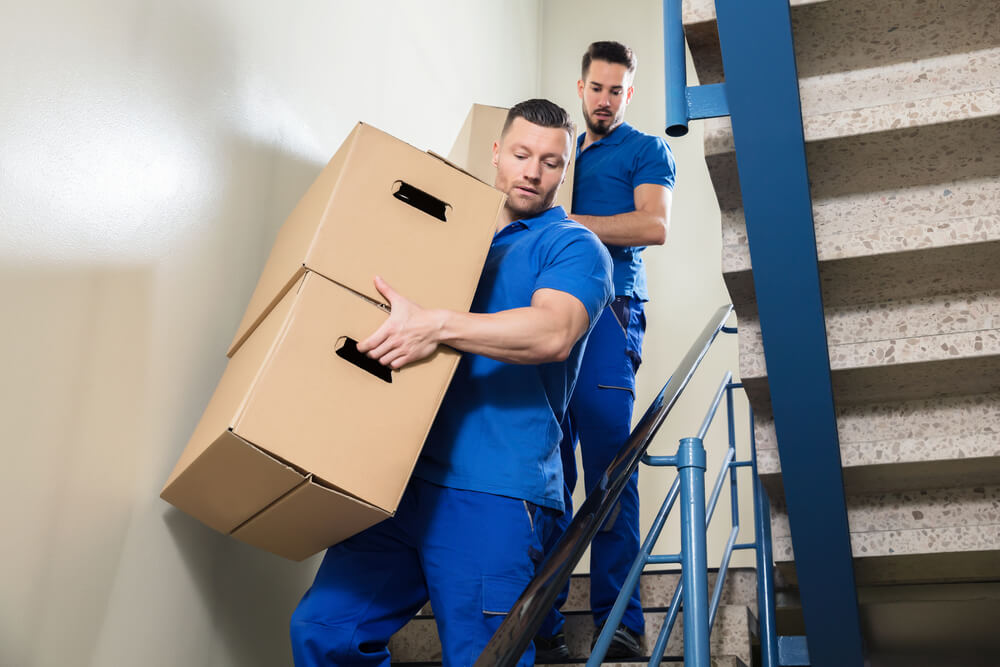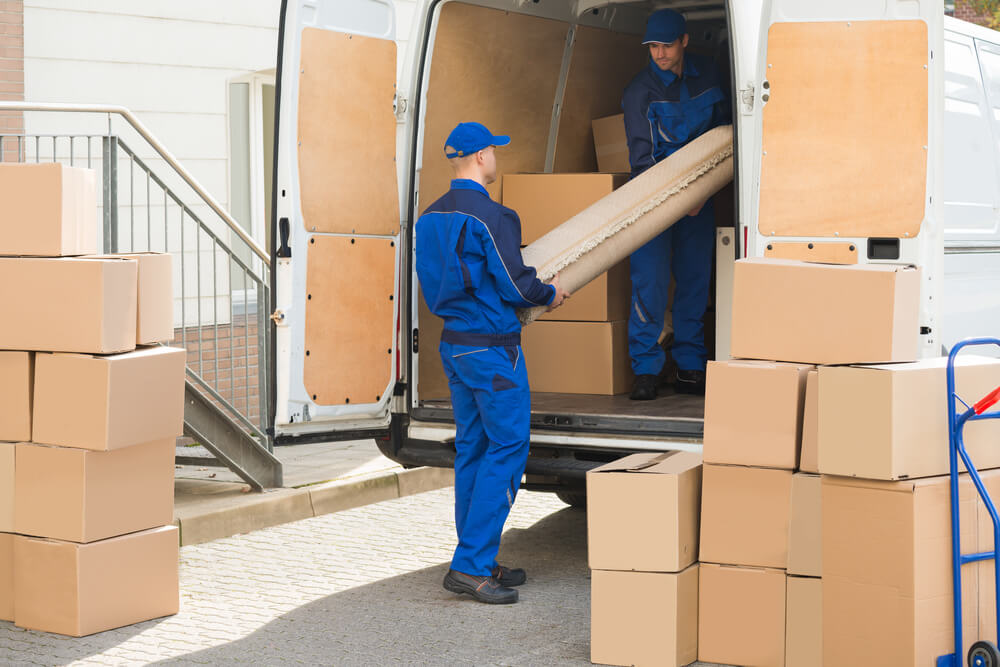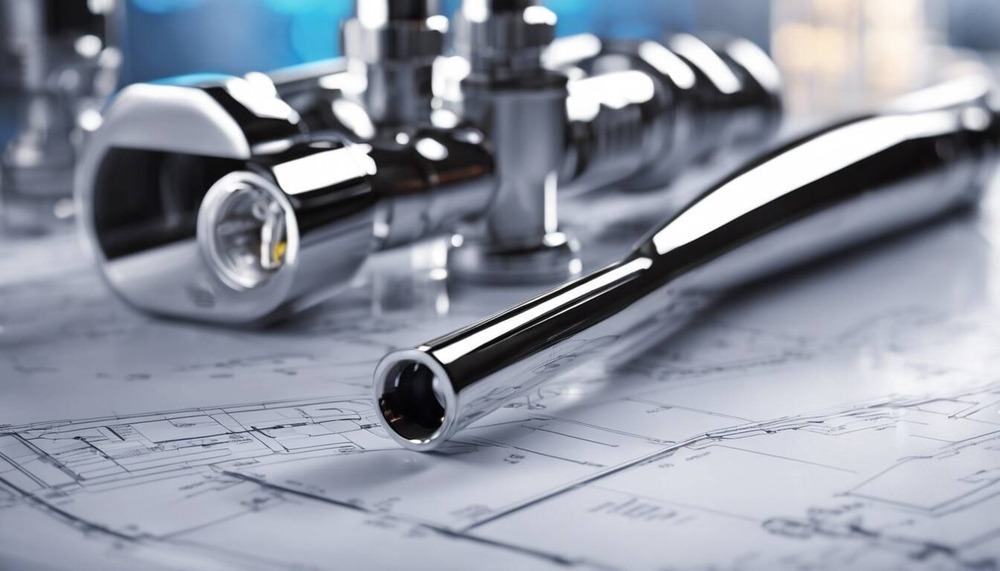
When faced with a water heater emergency, the most important first step is shutting it all down—and doing it correctly. Whether it’s a sudden leak, strange noises, or no hot water at all, knowing how to act quickly and safely can prevent significant damage to your home and plumbing system. Understanding the emergency shutdown process ensures not only your safety but also the longevity of your appliance.
Why Knowing Emergency Shutdown Steps Matters
Water heaters are essential to daily life, quietly working in the background to provide hot water for showers, cleaning, and cooking. However, when something goes wrong—like a burst tank or gas leak—it can become dangerous quickly. That’s why every homeowner should know how to perform an emergency shutdown. Acting fast can prevent flooding, mold growth, fire hazards, and costly repairs.
Even though many people take hot water for granted, water heaters are pressurized systems. A malfunctioning unit can release scalding water or even cause a small explosion if not handled properly. That’s why it’s critical to follow specific shutdown steps rather than guessing your way through the problem.
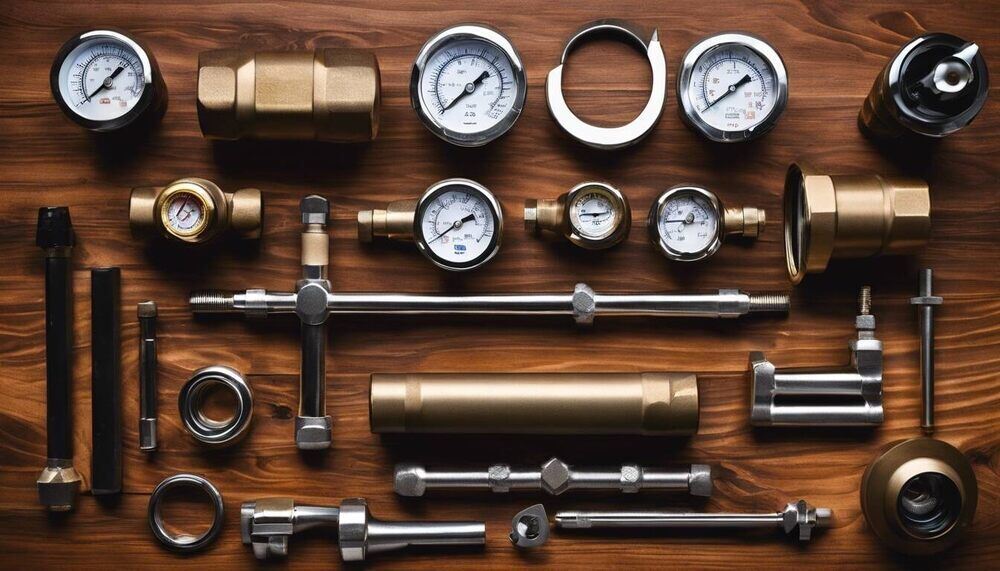
Step-by-Step Emergency Water Heater Shutdown Instructions
Whether your water heater is gas or electric, follow these steps to safely power it down during an emergency:
Turn Off the Power Supply
- Electric Water Heater: Locate your home’s circuit breaker panel and flip the switch labeled “Water Heater” to the OFF position. Never attempt to touch an electric unit if there’s water on the floor—this could be a serious shock hazard.
- Gas Water Heater: Turn the gas valve to the “OFF” position. This valve is typically located on the gas line running to the unit. If you smell gas, evacuate the area immediately and contact your utility provider—do not try to shut off the valve yourself in that case.
Shut Off the Water Supply
Turn the cold water supply valve located at the top of the water heater (usually a blue handle) to the OFF position. This stops more water from entering the tank, reducing the risk of flooding if the tank is compromised or leaking.
Drain the Tank (If Necessary)
If you notice a leak or if the unit needs repair, you may need to drain the tank. Connect a garden hose to the drain valve near the bottom of the tank and lead it to a safe outdoor drainage area or floor drain. Open the valve slowly and let the water drain completely.
Note: Only attempt this if you’re confident there’s no electrical hazard present, and be aware that the water could still be hot.
Open a Hot Water Faucet
To relieve pressure in the tank, open a hot water faucet in your home. This helps prevent a vacuum from forming while draining and allows air into the system for smoother flow.
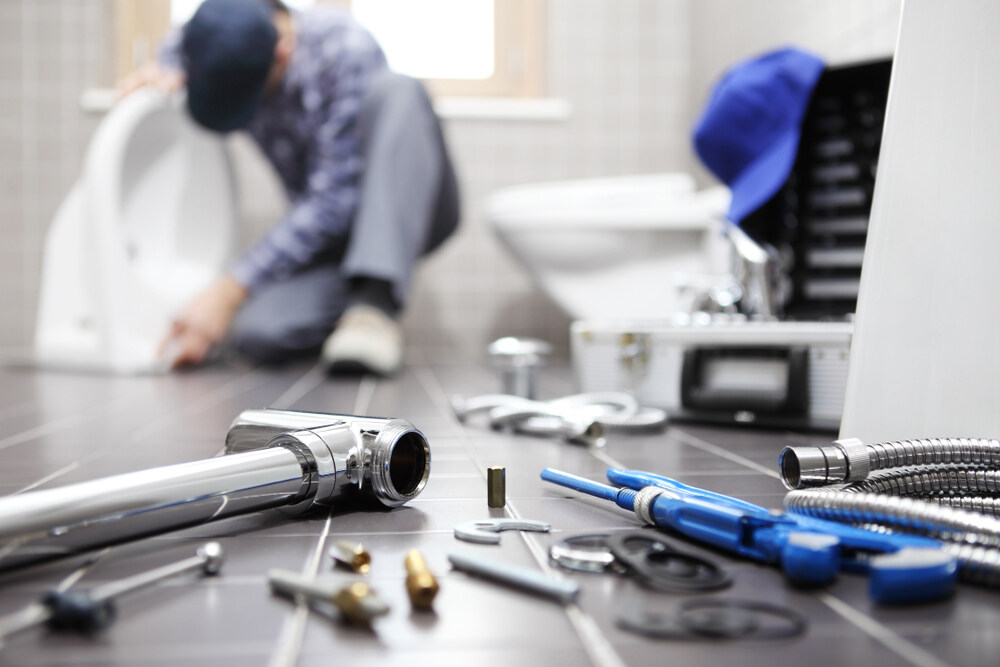
When to Call a Professional
While shutting down your water heater is a valuable first step, most emergencies require professional repair or replacement. If your tank is leaking, the thermostat is malfunctioning, or your unit is making odd noises, it’s best to have it inspected by a licensed plumber. Attempting DIY repairs can be dangerous and might void your warranty.
Emergency plumbing services are often available 24/7. Technicians can safely assess the situation, repair the problem, and help you determine whether your water heater can be salvaged or needs replacement.
Preventing Future Emergencies
The best way to avoid emergency shutdowns is through regular maintenance. Here are a few preventive tips:
- Flush the Tank Annually: This removes sediment buildup, which can cause corrosion and reduce efficiency.
- Check the Anode Rod: Replacing it every 3–5 years can extend your tank’s life.
- Inspect for Leaks or Rust: Early detection helps avoid major damage.
- Test the Pressure Relief Valve: This valve prevents the tank from over-pressurizing and should function correctly at all times.
Final Thoughts
Water heater emergencies can feel overwhelming, but knowing how to respond safely is empowering. Shutting it all down promptly and correctly can save you from injury and property damage. While you might never need to perform an emergency shutdown, having this knowledge is an important part of responsible homeownership. In any crisis, staying calm, acting quickly, and calling a professional are your best tools for protecting your home and family.
